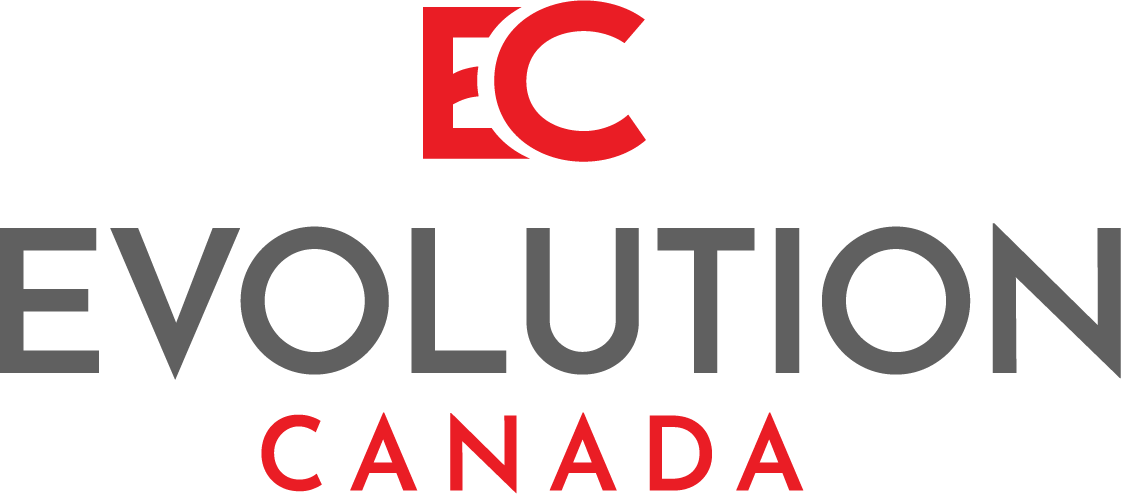Career Navigation 101: Tips to handle changes and challenges
Transitioning to a new career as an immigrant can often feel like finding your way through a complex maze—it’s unfamiliar territory, with new rules, customs, and expectations. It’s natural to feel a bit lost or overwhelmed at first, but with the right strategies and support, you can navigate this maze successfully and emerge victorious on the other side.We’ve put together some some helpful answers to the 5 most common challenges faced when in a new country.
Language Barrier?
Cultural Differences?
Every place has its own unique customs and ways of doing things, and this can seem overwhelming, on top of all the other things going on in life.
Pro tip: To fit in better, try getting some cultural sensitivity training. This can help you understand and respect different traditions. And don’t forget to find someone who knows the ropes and can give you advice on navigating your new culture.
Lack of Local Network?
Making connections in a new place can feel like trying to find your way in the dark. You’re in unfamiliar territory, and it can be hard to know where to start. You might not have many friends or acquaintances yet, and that can make things even tougher.
Pro tip: Go to events where you can meet people in your field. Join groups or clubs that interest you. And don’t be shy about reaching out to people who might be able to help you out.
Skills Mismatch?
Imagine you’re putting together a puzzle, but some of the pieces just don’t seem to fit. That’s what it feels like when your skills don’t match what employers want. It can be really frustrating, but don’t let it get you down!
Pro tip: Start by figuring out what skills are in demand. Then, look into online courses or training programs to learn those skills. By staying flexible and willing to learn, you’ll boost your chances of landing a job.
Cross-Cultural Communication?
Talking with people from different backgrounds can feel like navigating through uncharted waters. Each person brings their own set of experiences, beliefs, and cultural norms to the conversation, which can sometimes lead to misunderstandings or miscommunications.
Pro tip: Taking classes on cross-cultural communication teaches valuable skills like active listening and understanding cultural differences. These classes provide insights into communication styles, nonverbal cues, and strategies for building rapport.
By tackling these challenges head-on, you’re showing employers just how resilient and adaptable you are. This not only opens up more chances for moving up the career ladder but also helps create a more inclusive workplace where everyone feels valued. Plus, it’s a win-win situation because when you succeed, it boosts the success of the whole organization. So, by staying proactive and always learning, you can really make your mark in your new career path.





